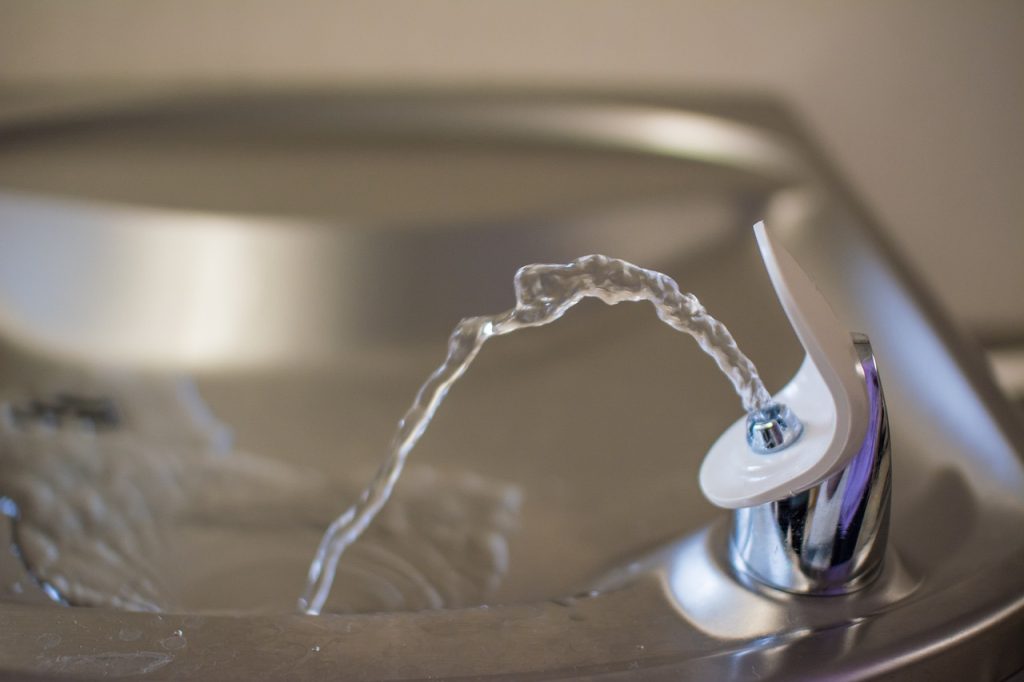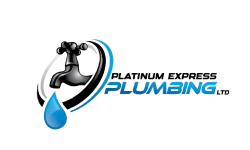Point-of-use filters
Point-of-use filters

Point-of-Use Filters
Access to clean and safe drinking water is a fundamental necessity for every household and business. While many municipalities do their best to provide purified water, contaminants can still find their way into our water supply. One effective solution to ensure that you and your family enjoy clean water is the installation of point-of-use filters. These systems are designed to purify water at the point of consumption, providing a reliable and convenient way to enhance your water quality.
What Are Point-of-Use Filters?
Point-of-use (POU) filters are specialized water filtration systems that treat water at the location where it is dispensed, such as a kitchen sink, bathroom faucet, or refrigerator. Unlike whole-house filtration systems that filter all water entering a home, POU filters target specific water outlets, making them a practical choice for families and businesses that want to ensure clean drinking water without the need for extensive plumbing modifications.
These filters utilize various technologies to remove impurities from water, including activated carbon, reverse osmosis, and ultraviolet (UV) light. Depending on the type of filter and its specific features, point-of-use filters can eliminate contaminants such as chlorine, lead, sediment, bacteria, and more, resulting in better-tasting and healthier water.
Benefits of Point-of-Use Filters
Improved Water Quality: One of the primary advantages of point-of-use filters is the significant improvement in water quality. By removing harmful contaminants, these systems provide peace of mind knowing that you’re consuming safe water. Whether you’re drinking, cooking, or making beverages, the enhanced flavor and clarity of the water can elevate your overall experience.
Convenience: Installing a point-of-use filter is a straightforward process. Unlike whole-house systems, which may require extensive plumbing and installation, POU filters can often be easily attached to existing faucets or under the sink. This means you can enjoy the benefits of clean water without major renovations or disruptions to your home.
Cost-Effective: Point-of-use filters can be more economical than whole-house filtration systems, making them accessible for families and businesses of all sizes. They allow you to invest in clean water without breaking the bank. Additionally, by using POU filters, you may reduce your reliance on bottled water, leading to further savings and reducing plastic waste.
Flexibility: These filtration systems offer flexibility in that you can choose where to install them based on your specific needs. Whether you want filtered water at your kitchen sink, bathroom, or any other point of use, POU filters can be customized to fit your preferences.
Maintenance and Replacement: Most point-of-use filters are designed for easy maintenance. Filters typically need to be replaced every few months to ensure optimal performance. Many models come with indicators that alert you when it’s time for a change, ensuring that you never run out of filtration capacity.
Types of Point-of-Use Filters
Activated Carbon Filters: These are among the most common POU filters. They use activated carbon to absorb impurities, chemicals, and odors from the water, improving its taste and clarity.
Reverse Osmosis Systems: These systems employ a semipermeable membrane to remove a wide range of contaminants from water, including dissolved solids, heavy metals, and microorganisms. Reverse osmosis systems are known for their high purification capabilities.
Ultraviolet (UV) Filters: UV filters utilize ultraviolet light to disinfect water, effectively killing bacteria and viruses. These systems are particularly beneficial for households with well water or areas where water quality is a concern.
Ceramic Filters: Ceramic filters use porous ceramic material to remove sediment and bacteria from water. They are durable and can be cleaned and reused, making them a sustainable choice.
Choosing the Right POU Filter
When selecting a point-of-use filter, it’s essential to consider your specific water quality needs. Conducting a water test can help identify any contaminants present in your water supply, guiding you to the most suitable filtration solution. Additionally, take into account the filter’s capacity, maintenance requirements, and whether it can be easily installed at your desired location.
Professional Installation and Support
While many point-of-use filters are designed for easy installation, professional assistance can ensure optimal performance and reliability. Expert plumbers can evaluate your water needs, recommend suitable filter options, and provide efficient installation services. This guarantees that your filtration system operates effectively, providing you with the highest quality water possible.
Investing in point-of-use filters is a proactive step toward improving your water quality. By choosing to install a POU filter, you are taking control of what you and your family consume, ensuring that you have access to clean, safe drinking water at all times. With the convenience, flexibility, and cost-effectiveness of these systems, it’s no wonder they are becoming increasingly popular among homeowners and businesses.
By focusing on enhancing water quality at the point of consumption, you are not only prioritizing health and safety but also contributing to a more sustainable lifestyle. Enjoy the benefits of delicious, purified water with the ease and reliability of point-of-use filters, and make a positive change for you and your loved ones today.
FAQs
Toronto's tap water is treated and generally safe to drink. However, some people choose to install water filters to improve taste, remove chlorine, or reduce potential contaminants. A water filter can be beneficial if you have specific health concerns or prefer additional purification.
The cost of an in-home water filtration system varies widely based on the type, such as under-sink filters, whole-house systems, or reverse osmosis units. Installation fees and the cost of filters also factor into the overall expense. Consulting with a water filtration specialist can provide a detailed cost estimate based on your needs.
A point of service (POS) water filter, also known as a point of entry (POE) filter, is installed at the main water line entering your home. This type of filter treats all water flowing into the home, ensuring that water in every faucet and shower is filtered.
Point of use (POU) filters are installed at individual water outlets, like kitchen sinks or bathroom faucets. These filters work by purifying water at the specific location where it's used, often through processes like carbon filtration, reverse osmosis, or ultraviolet treatment, depending on the filter type.
